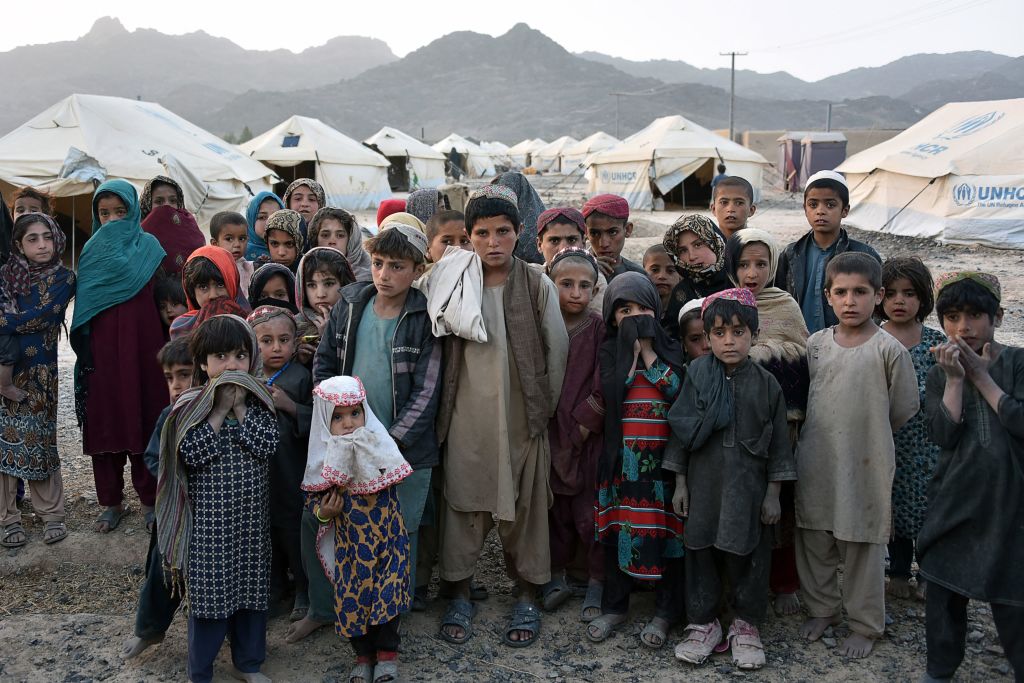Humanitarian agencies are struggling to get food into Afghanistan


A free daily email with the biggest news stories of the day – and the best features from TheWeek.com
You are now subscribed
Your newsletter sign-up was successful
With half of Afghanistan's population relying on humanitarian aid before the Taliban took control of the government this month, United Nations agencies are worried about getting enough food, water, and medical supplies into the country before winter.
Because of the deteriorating security situation at the Kabul airport, commercial flights can't fly in, and that's holding up deliveries of surgical equipment and kits to treat severe malnutrition, the World Health Organization said on Monday. The World Food Program has been able to move some supplies into Afghanistan via border crossings in Uzbekistan, Pakistan, and Turkmenistan.
"Winter is coming," Andrew Patterson of the World Food Program told The Guardian. "We are going into the lean season and many Afghan roads will be covered in snow. We need to get the food into our warehouses where it needs to be distributed."
The Week
Escape your echo chamber. Get the facts behind the news, plus analysis from multiple perspectives.

Sign up for The Week's Free Newsletters
From our morning news briefing to a weekly Good News Newsletter, get the best of The Week delivered directly to your inbox.
From our morning news briefing to a weekly Good News Newsletter, get the best of The Week delivered directly to your inbox.
About 22,000 tons of food are now in Afghanistan, Patterson said, with 7,000 tons on the way, but in order to have enough food to last through December, 54,000 additional tons must be delivered. The program needs $200 million in funding to get more supplies into Afghanistan, and there are fears that the food will run out in September, The Guardian reports. Afghanistan lost about 40 percent of its crops this year because of severe drought, the World Food Program said, and it's estimated that half of all children under 5 in the country are malnourished.
A free daily email with the biggest news stories of the day – and the best features from TheWeek.com
Catherine Garcia has worked as a senior writer at The Week since 2014. Her writing and reporting have appeared in Entertainment Weekly, The New York Times, Wirecutter, NBC News and "The Book of Jezebel," among others. She's a graduate of the University of Redlands and the Columbia University Graduate School of Journalism.
